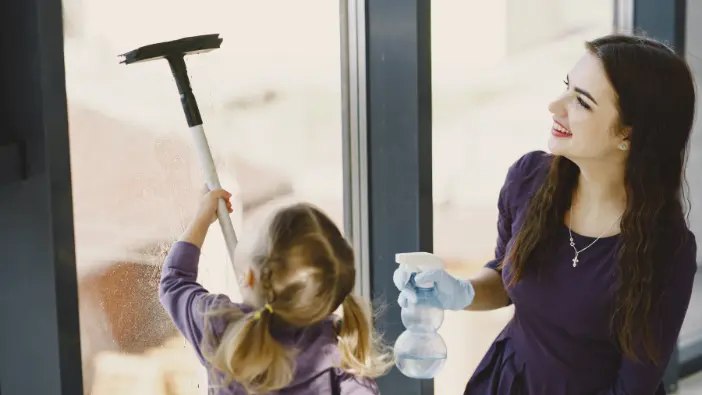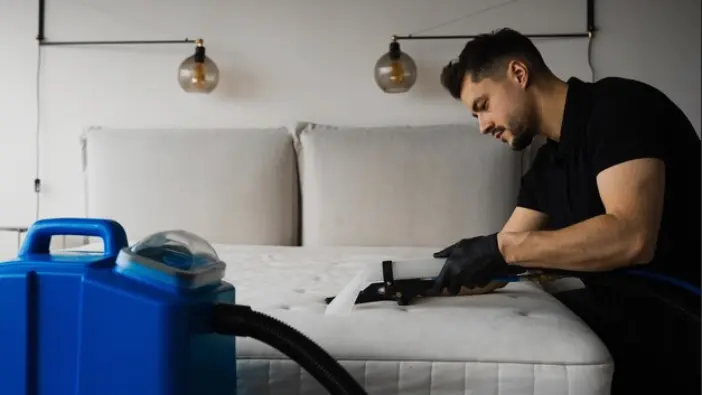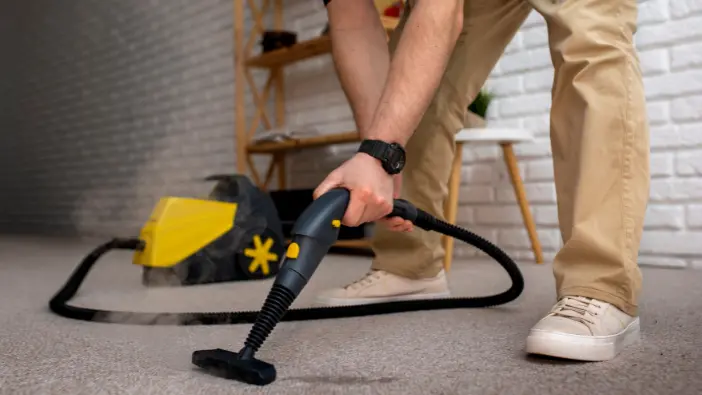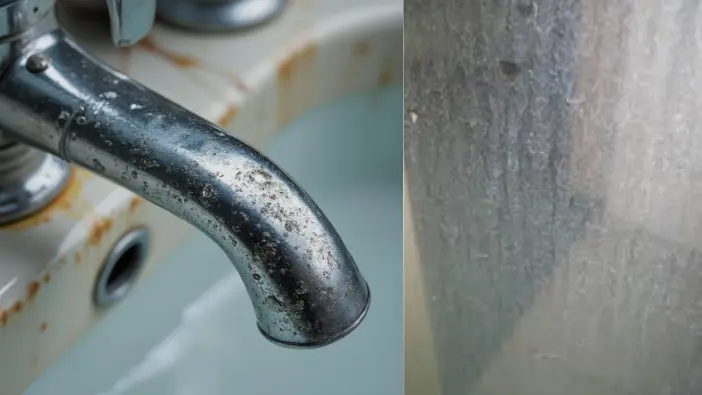Cleaning is one of the habits or routines observed in daily activities. It helps safeguard people’s infrastructure, whether their houses, schools, or other facilities within the community. But what is the true reason behind the need for cleaning? In this paper, we focus on the various dimensions or reasons why cleaning is important, from health issues to environmental concerns.
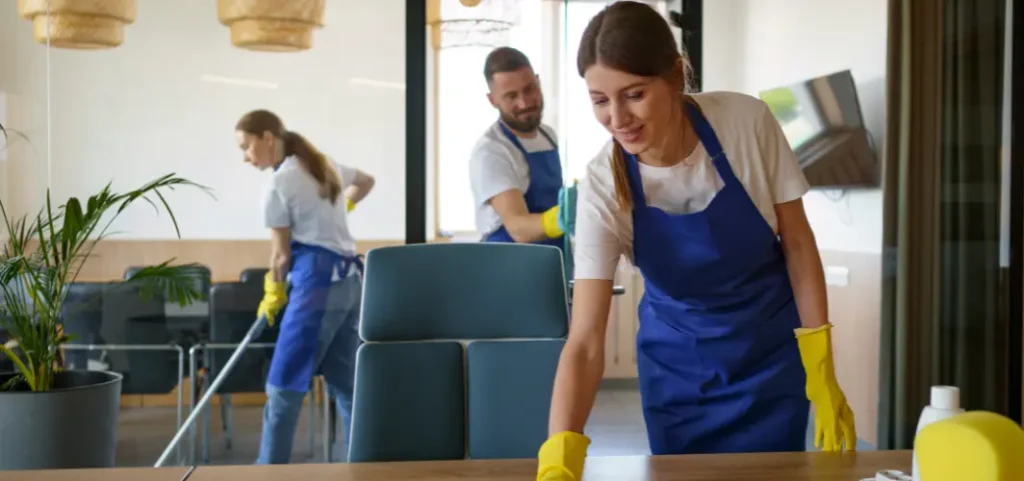
Recognition of the Need and Value of Cleaning
What Do You Mean by the Term Cleaning?
The act of eliminating dirt, dust, or any other impurities from an object’s surface without compromising its appearance is referred to as cleaning. It involves tasks like dusting surfaces or areas inside space and cleaning floors by sweeping, mopping, or scrubbing. All across the world, cleaning is done in homes, offices, schools, and other establishments. The main motivations for cleaning are environmental preservation and disease prevention.
Definition, Process & Need
Cleaning is the process of getting rid of any dirt or impurities from a body, object, or organism. This entails clearing the area of any dust, grime, or other unpleasant things using cleaning tools like brooms, dust cloths, and vacuums. Cleaning keeps the space safe and disease-free so that people can go about their daily lives without getting sick.
All Types of Cleaning
First of all, cleaning has various forms, including house cleaning and workplace cleaning. House cleaning refers to activities like vacuuming, dishwashing, and cleaning bathrooms, while workplace cleaning occurs in offices, shops, and hospitals that need to be devoid of dirt for safety reasons in larger spaces.
The Importance of Maintaining Cleanliness in Daily Activities
Everyday Cleaning Schedule
Day-to-day cleaning includes actions aimed at cleaning one’s room, such as making the bed and cleaning dirty dishes, stoves, and other kitchen appliances or surfaces. When these small tasks are done each day, the order is achieved, and dust does not settle for long. Although challenging, it is a good habit to acquire.
Fixing a House Cleanup for Self-Health Promotio
Additional cleaning, such as scrubbing the bathrooms, cleaning windows, or dusting behind appliances, is needed every few months. This is the type of cleaning that reaches normally unreachable areas during basic cleaning. It helps eliminate dirt and dust that may cling to surfaces for long.
Health Benefits Derived from Cleaning
Cleaning from Allergens and Pollutants
Many health benefits can be derived from cleaning, such as the control of allergens and pollutants. An allergen is a substance like dust, mold, or pet dander that leads to sneezing and, in severe cases, breathlessness. These allergens can be reduced by regular cleaning.
Dusts, Molds, and Animal Furs
Dust is present on every surface and can lead to allergies, while moistened molds grow in regions with humidity, which may make people sick. Pet dander, tiny flakes of skin from furry friends such as dogs and cats, is a well-known cause of allergies. Most of these issues are eliminated through cleaning, making breathing more comfortable.
Effects of Cleaning on Respiratory Health
Dust is present on every surface and can lead to allergies, while moistened molds grow in regions with humidity, which may make people sick. Pet dander, tiny flakes of skin from furry friends such as dogs and cats, is a well-known cause of allergies. Most of these issues are eliminated through cleaning, making breathing more comfortable.
Reducing Illness and Infections
Cleaning also consists of disinfecting surfaces, not just removing dirt and unnecessary parasites like viruses. Hygiene is crucial in any inhabited area to prevent the growth of bacteria and viruses, ensuring wholesome living for all.
Sanitation Practices as Tools for Communicable Disease Prevention
Practical measures, also known as hygiene practices, are very effective in diminishing or eliminating illnesses caused by microorganisms. Scrubbing surfaces and disinfecting are very important for preventing undesirable bacteria. Thorough cleaning in kitchens and bathrooms is required to control germs that can cause diseases.
Importance of Sanitation in Food Handling and Preparation
For the most part, kitchens and all areas used for food preparation must maintain sanitary conditions, especially where raw food is prepared. Proper hygiene procedures can hinder the transfer of bacteria from raw meat to ready-to-eat foods by cleaning hands and dishes. Personal cleanliness reduces the likelihood of illnesses like stomach flu.
Impact of Cleanliness Related to Psychology
How Cleanliness Influences Levels of Stress and Anxiety
Untidy and messy areas can trigger stress and tension. When unnecessary items are brought into a space, it becomes crowded and messy. An orderly environment provides a sense of peace of mind.
How Organized Living Spaces Enhance Attention
Orderliness makes it easier and faster for individuals to complete their tasks. Whether a person is working, studying, or playing, productivity is always improved in a neat environment. Organizational skills also help with time efficiency as there will be no need to look for things left in odd places.
Cleaning and Its Effects on the Surrounding
Green Cleaning Solutions
Cleaning activities have been found to lessen the harm to the environment. Using green cleaning solutions minimizes environmental pollution by reducing overall toxic waste. Organic or green cleaning products do not contribute to environmental pollution, and their constituents are easily broken down by the environment.
Why There is a Need to Use Green Cleaning Products
Environmental cleaning products do not recommend the use of harmful supplies. These products are environmentally friendly because they are non-toxic and non-polluting, breaking down naturally without polluting water, land, or air.
Reduction of Pollution by the Use of Chemicals
The use of regular cleaning agents sometimes results in cleaning substances being poured into water bodies, causing problems. Green cleaning supplies, which are less toxic than conventional products, help reduce pollution.
Waste Management and Sustainable Development
Cleaning is followed by waste generation, which is unavoidable. Correct waste disposal helps in removing waste directly from the environment. This is achieved by reusing resources where possible and properly disposing of waste.
Recommendations for Correct Disposal of Cleaning Chemicals
As an employee in the cleaning sector, one of the key duties involves the effective disposal of old cleaning products. Most chemical substances used for household cleaning pose certain risks and must be discarded with care. Efficient waste disposal minimizes such dangers.
Waste Minimization in the Course of Performing Cleaning Activities
Paper towels and sponges are some of the cleaning items that can be recycled, thus helping in waste reduction. Using reusable tools like microfiber cloths also assists in waste reduction. Recycling minimizes waste and the need for new materials.
The Effect of Cleaning on Emotions and the Mind
Purity in Diversity
Cleaning also impacts personal hygiene in society. It is important to maintain cleanliness when receiving guests, relatives, or friends.

The Host Inviting Relatives or Friends is Very Attentive to Their Cleanliness of the House
Guests feel more comfortable in a clean, organized home. A clean environment shows care for guests’ comfort, making socialization more enjoyable.
Advantages of Clean Environments in Social Settings
Within schools, homes, or other places, clean environments bring about calmness and joy. Properly maintained spaces enhance productivity and comfort, improving performance.
Change of Lifestyle
Cleaning not only removes dirt but also enhances health and well-being. Clean and decorated spaces make a person feel happy.
Deep Clean
Among all the methods of cleaning surfaces, steam cleaning always works best. It penetrates tiny holes and knobs which are otherwise difficult to reach with normal cleaning methods. Be it even the floor where stubborn stains refuse to come out, or the kitchen grease that has overstayed, steam cleaning removes dirt that would otherwise be left out. You can also read How to Deep Clean a Couch.
Cleanliness as a Form of Disciplining Oneself
Cleaning one’s surroundings not only shows concern for the area but also for oneself. Cleanliness helps prevent diseases and provides personal satisfaction.
Cleaning Priorities and Their Effects on One’s Mind
A clean and organized environment allows individuals to focus better and reduces stress. The organization enhances responsibility and clarity, enabling people to complete their tasks quickly.
Conclusion
Most individuals disregard the significance of cleaning, yet it is more than just a cosmetic feature. Cleaning surfaces and objects reduces allergens and germs, lowering the risk of infection-related illnesses. It enhances a person’s mental health, benefits the environment, and reduces unnecessary expenses. Regular cleaning ensures a healthy environment for everyone. Even the smallest cleaning tasks can benefit overall well-being.

